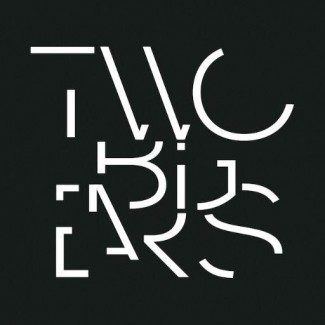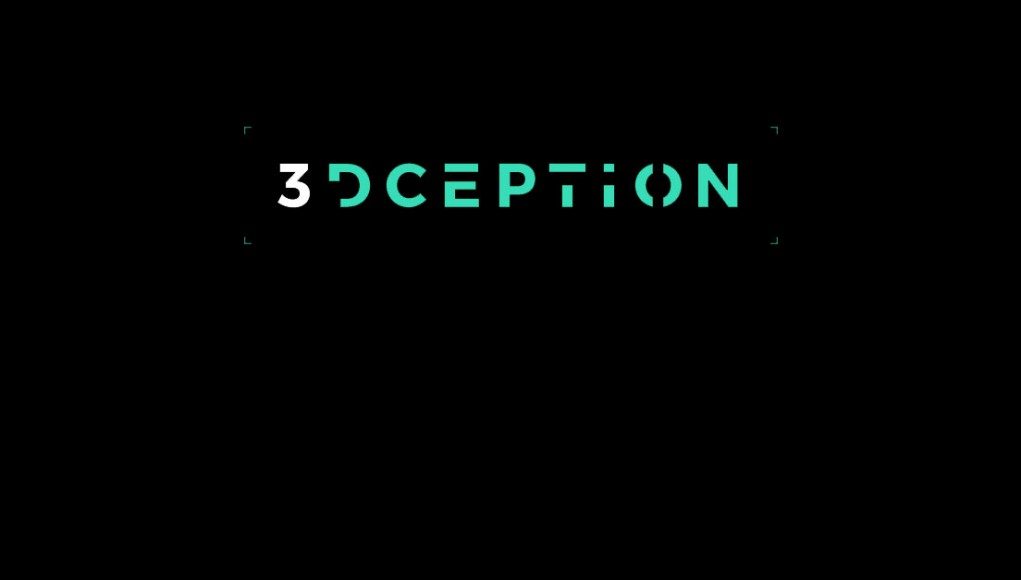In surprise news, it seems that the British company behind the excellent 3DCeption spatial audio pipeline Two Big Ears, has been acquired by Oculus’ parent company Facebook in a move set to see their technology included alongside Oculus’ to deliver what the Two Big Ears call “best in class VR audio”.
 Oculus’ focus on the importance of convincing and immersive spatial 3D audio for virtual reality has been laudible for some time now. The company’s founder Palmer Luckey, a self confessed audio enthusiast, ensured that the consumer Oculus Rift which shipped in June sported both high quality headset integrated headphones, but also ensured the Rift received its own audio path, including a quality DAC and Amp.
Oculus’ focus on the importance of convincing and immersive spatial 3D audio for virtual reality has been laudible for some time now. The company’s founder Palmer Luckey, a self confessed audio enthusiast, ensured that the consumer Oculus Rift which shipped in June sported both high quality headset integrated headphones, but also ensured the Rift received its own audio path, including a quality DAC and Amp.
Behind the scenes, or at least behind the code, Oculus have also heavily emphasised spatial VR audio as part of its development stack. The company’s dedicated Audio SDK left beta later last year and forms part of the development pipeline for games produced for both the Oculus Rift and Samsung’s Gear VR headsets.
See Also: Björk’s 360 VR Music Video “Stone Milker” Debuts Tomorrow, Powered by 3DCeption Audio
Originally, Oculus included licensed technology, RealSpace3D, produced by a company called Visisonics, but later Oculus seemed to diverge, preferring to develop their own methods to support VR audio.
Meanwhile, Two Big Ears, a British company dedicated to 3D audio, were busy working on their own spatial sound APIs and, additionally, a dedicated workspace, the ‘Spatial Workstation’, for audio mixers and producers to create compelling immersive soundscapes.
See Also: Two Big Ears ‘Spatial Workstation’ Delivers Realtime, Cross-platform 3D VR Audio Mixing
“With the rise of 360 video and Cinematic VR, there’s lots of work happening on the visual end and creating audio for such experiences is quite difficult with non-standard workflows,” Two Big Ear’s VP of Products said last year, “Most of these experiences end up running with 2D sound simply because sound designers don’t have the right tools to get the job done. What is required is a good combination of game audio and the traditional post-production workflows.”
As a direct result of the acquisition, Two Big Ears are releasing their Spatial Workstation via their website for download, for free. The development of their core VR audio API ‘3DCeption for Games’ will no longer be available as a separate product. For existing customers, the company have produced a ‘Transition FAQ‘ to help clarify the process.
As part of a post on Two Big Ears’ website, the company shared the reasoning behind the acquisition:
Now, we’re ready to take the next step on our journey and scale our work from within Facebook. There is so much still to explore. By joining with a company that shares our values and our vision, we will be able to scale our technology even quicker as we continue powering immersive audio experiences.
It’s great news for Two Big Ears, but perhaps even better news for anyone who places the proper emphasis on audio in VR. In case you don’t, listen to any of their example videos (one included above) using decent headphones and educate yourself. ;)







